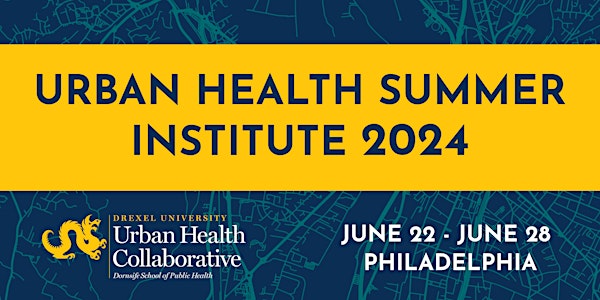nstructor: Josiah Kephart, PhD, MPH, Assistant Professor in the Department of Environmental and Occupational Health and the Urban Health Collaborative, Dornsife School of Public Health
Dates: Monday, June 24 - Friday, June 28
Times: 9:00 a.m. - 12:00 p.m. EST
Format: Hybrid instruction
This course will provide an overview of 1) the public health impacts of a global climate change in urban areas, 2) urban policies for climate change mitigation and adaptation and the resulting benefits and harms to public health, and 3) fundamental concepts and research methods from exposure science and epidemiology to assess exposures and quantify the impacts of climate change on urban health. The course will have a specific focus on marginalized and/or vulnerable subpopulations and the role of climate hazards and climate policies in exacerbating or ameliorating health disparities.
Learning objectives:
- Explain the scientific basis of observed and projected climate changes.
- Describe the broad spectrum of public health impacts of climate hazards in urban areas (heat waves, floods, air pollution, sea level rise, population displacement, etc.) and distinguish the ways in which climate exposures and health impacts are distributed differentially within and across urban populations.
- Identify urban policies to mitigate and adapt to climate change and characterize the public health benefits and harms of these policies, with a focus on marginalized and/or vulnerable populations.
- Define key concepts and research methods to quantify climate exposures and health impacts in urban populations.
Prerequisite knowledge: Understanding of basic epidemiological concepts and methods, if possible.
Technical requirements: No software will be required. Students will use publicly available, online interactive apps/websites.
Continuing Education Credits*: 1.5 CEU or 15 CPH
